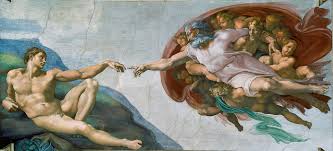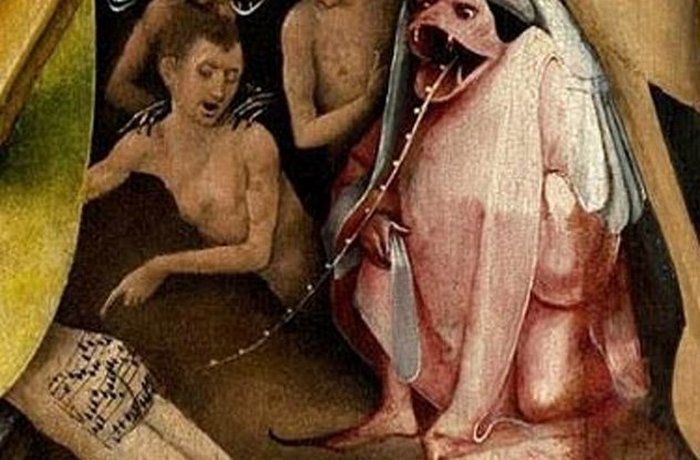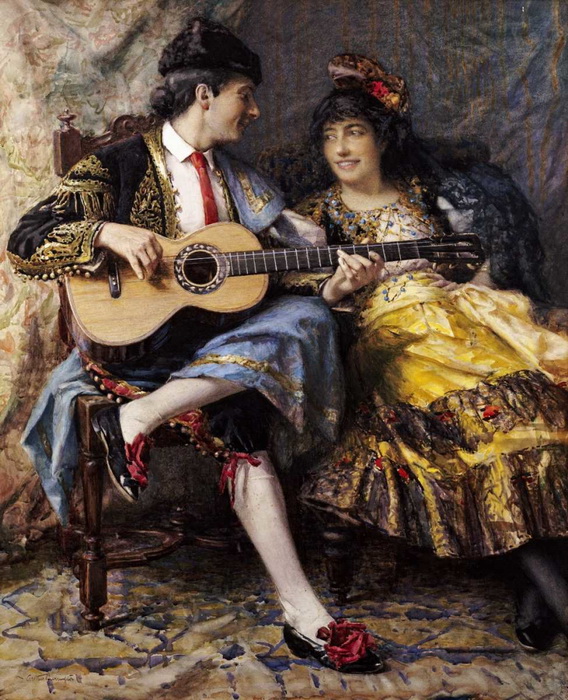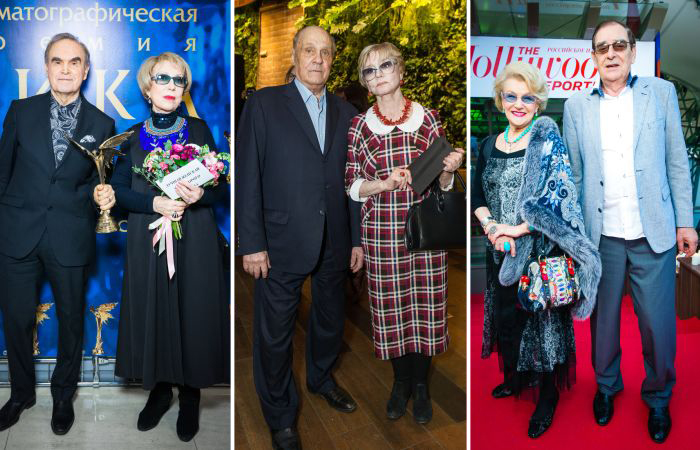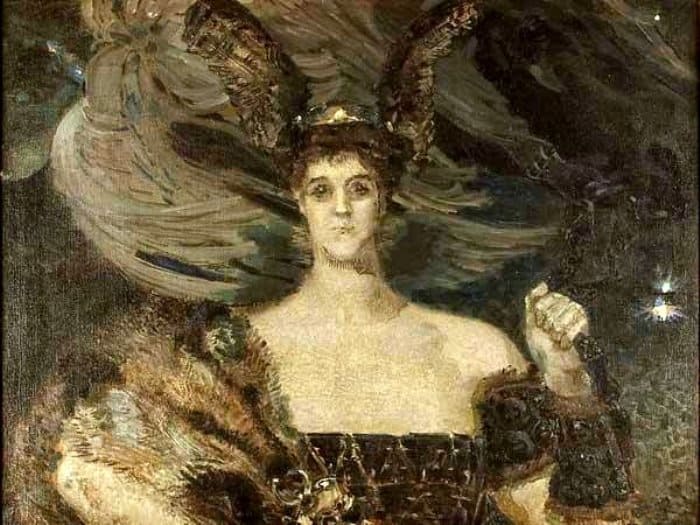seventeenth centuries
VARIETIES OF GENRE STILL LIFE
 Still life (with FR. nature morte-dead, inanimate nature) – artistic depiction of various household items.
Still life (with FR. nature morte-dead, inanimate nature) – artistic depiction of various household items.
In the XV-XVI centuries still life was considered as part of a historical or genre composition. Early still lifes often performed a utilitarian function, for example, as a decoration of Cabinet doors or to mask a wall niche.
As an independent genre of painting still life was formed in the XVII century in the works of Dutch and Flemish artists.
The term nature morte (dead nature) appeared in the XVIII century and reflected a dismissive attitude to the still life by the academic community, which preferred the “high” genres, the area of which was “living nature” (historical, battle, allegorical, religious, mythological). Until the end of the XIX century still life was considered as a “lower” genre.
The heyday of still life painting is associated with the invention in the XIX century of the method of production of tube paints and the appearance of plein-air painting. Continue reading
